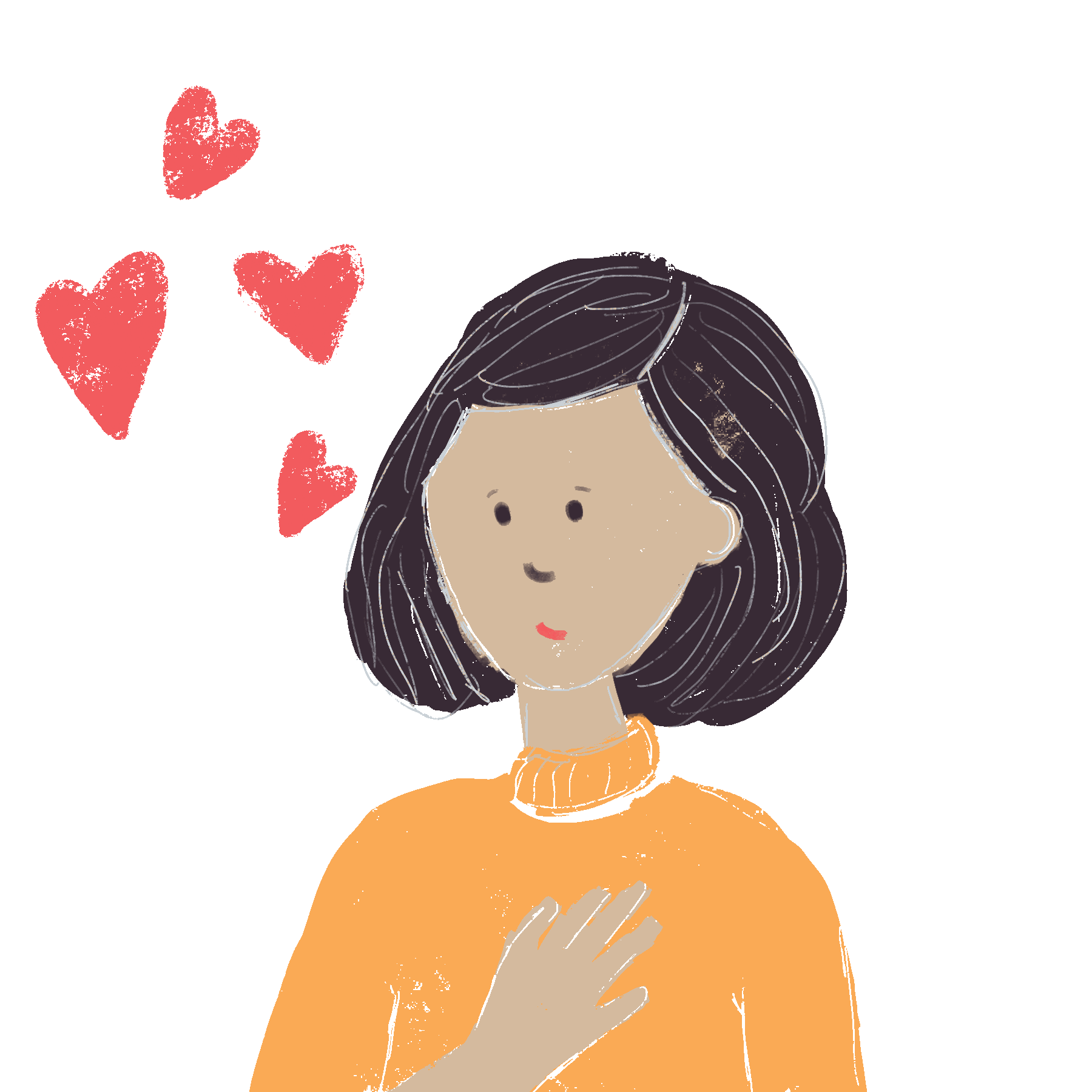Akanksha Athalye
Counselling Psychologist
Therapy
01.
Addressing personal issues such as anxiety, depression, stress, and trauma through one-on-one sessions.

02.
Group therapy is a type of counseling where a small group of people meet with a trained therapist. In these sessions, each person has the chance to share their thoughts and feelings, while also listening to others. It helps people connect with others who have similar experiences, offering support and understanding. The therapist guides the group, encouraging open conversation and helping everyone learn from each other to improve their mental health.
Offering a supportive space to share, connect, and grow, group therapy is guided by a trained therapist in a confidential setting. Helps in building resilience, gain insights, and develop coping skills alongside others.
03.
In couples therapy, both partners meet with a trained therapist to talk about their relationship. The therapist helps them explore issues they are facing, such as communication problems, conflicts, or emotional struggles. Each partner is encouraged to express their feelings and listen to the other in a safe, non-judgmental space. The therapist may ask questions, offer advice, or suggest strategies to improve communication, resolve conflicts, and strengthen the relationship. The goal is to help the couple understand each other better, improve their connection, and find solutions to their challenges.
04.
Facilitating sessions for a Family therapy means curating a therapy designed to improve communication, resolve conflicts, and enhance relationships within a family. It helps family members address issues like emotional struggles, behavioral challenges, and poor communication. By encouraging mutual understanding and teamwork, family therapy aims to improve overall family dynamics and promote healthier connections. Therapists use different methods to help members express their emotions, identify negative patterns, and develop better coping strategies.
05.
Incorporating creative modalities such as art and writing to facilitate expression and processing of emotions.
Art and Expressive Arts Therapies are therapeutic approaches that use creative processes like drawing, painting, music, dance, and drama to help individuals express their emotions, explore personal issues, and improve mental health. These therapies encourage self-expression without the need for verbal communication, making them particularly useful for those who may struggle to articulate their feelings. By engaging in creative activities, individuals can gain insights into their emotions, reduce stress, and enhance personal growth, while therapists guide the process to promote healing and well-being.
06.
Teaching strategies to enhance self-awareness and promote relaxation, often beneficial for anxiety and stress management.
07.
Focusing on overall well-being, including mental, emotional, and physical health.
08.
Helping clients navigate significant life changes, such as divorce, loss, or relocation.
09.
Guiding clients in exploring their strengths, setting goals, and fostering self-discovery to enhance personal fulfillment and life satisfaction.